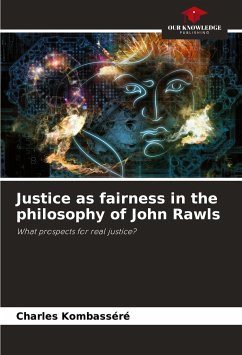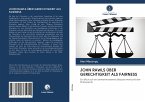The justice as fairness elaborated by John Rawls gives a new breath to the political philosophy that had already put the question of justice in the background. It unexpectedly goes beyond the dominant conceptions of justice to open a new era in contemporary political philosophy. Beyond the inegalitarian assumptions of classical utilitarianism and the uncertain principles of intuitionism or perfectionism, rational and ordered principles obtained in an initial situation of equity are imposed: those of justice as equity.The conception of justice thus defined has been and still is a source of criticism. Attacks as well as defenses of several qualities will arise in the face of justice as equity. They come mainly from libertarian and communitarian currents, but also from neoliberals and Marxist thinkers. Even if the Rawlsian conception does not quench the human thirst for justice, it has the merit of leading to a radical limitation of economic and social inequalities. Justice as fairness offers new ways of analyzing many current social problems.
Bitte wählen Sie Ihr Anliegen aus.
Rechnungen
Retourenschein anfordern
Bestellstatus
Storno








